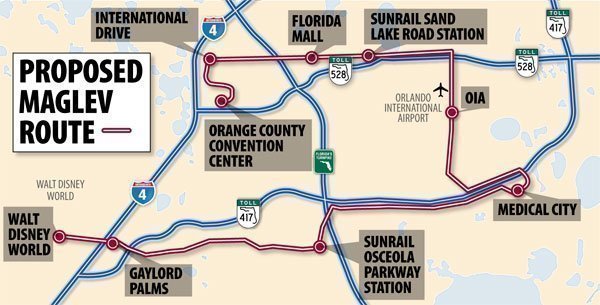Brian_tampa
Lead Service Attendant
@jisYeah, I don't quite understand the point being made either. Actually, the airlines do the transfer of bags from just outside of the C&I checkpoint to the plane. There is a bag dropoff area, which is nothing like checking the bag in. They taker the bag, scan the tag and send it on its way. No checkin required. I do this multiple times a year in Newark both Terminals B and C. After dropping off the checked bag at the C&I checkpoint you proceed to whatever gate your flight is at with just your hand baggage, so the distance you have to drag your checked bag is just from the bag belt to the dropoff point, through the Customs checkpoint. This incidentally is standard procedure in many countries (and Schengen which is not quite a country) at the first port of entry, not just the US, as long as the subsequent flight is an domestic flight.I really don't follow your line of reasoning here. I'm no expert on luggage processing but I've seen a lot of what works and what doesn't over the years and I feel I have a good understanding of where the divisions occur.When flying into the USA from a destination abroad (as I assume most of the airlines on your list are doing), unless I am mistaken, the procedure is that you collect your baggage at the first US airport you arrive, take it through customs and then re-check it. There would thus be no need for AAF to transfer checked baggage to or from airlines.
A person arriving by United whether it be international or domestic into Newark and connecting to an Amtrak code share basically has to reclaim their bags and then drag it up the escalators or elevators to the AirTrain, drag it into the AirTrain, go to the NEC station, drag it from the AirTrain to the Amtrak train and then find a place for the bags in usually what is an overcrowded train where you often have to walk through multiple cars to even find a seat (remember, Amtrak does not reserve assigned seats unlike say DB out of Frankfurt). It is a wholly unattractive and borderline painful experience. Given a choice between Amtrak code share and a puddle jumper to Philly, I know many choose the puddle jumper, even though that is also not the best of experiences. But at least the airline will handle your baggage for you all the way. The train connection is a worse experience.
For this reason, I believe as long as AAF does not provide checked baggage, many of the MCO - MIA flights will continue as is, perhaps downsized a bit. But they will not just disappear. If AAF provides European style assigned seat reservation, that will mitigate the pain quite a bit and will tilt thing a bit in favor of AAF, since you at least know precisely where you need to drag the bag to.
They will provide assigned seating. There was mention a long while ago from AAF that digital displays will be on the platforms to show where to line up for each train car.
Edit: I found two references online saying that AAF will indeed provide checked luggage on board. Between this and the Orlando intermodal station having baggage check-in counters for air travelers, I would suspect that AAF could code share with airlines if they can come to an agreement.
http://www.bizjournals.com/orlando/blog/2014/08/details-revealed-about-all-aboard-florida-jobs.html
From the article:
Crew members with a strong hospitality background will be needed to help enhance the guest experience, as well as work on the train in positions ranging from luggage handling to dining car service.
http://palmbeachcivic.org/news/top-stories/1320-civic-association-directors-meet-with-all-aboard-florida-president-michael-reininger
From the article:
Amenities
These will be state-of-the-art trains, said Mr. Reininger. Think the new private Italian train line, not what we are used to here. From the All Aboard Florida website:
Dynamic WiFi: All Aboard Florida has invested into a beefed-up, high-bandwidth signal that it owns along the route, so passengers will have no problems doing work, playing games or listening to music during their ride.
Cafe car/bar car: During the three-hour ride, of course you might get hungry or thirsty, so youll have the option of visiting the dining car for a snack or the bar car for a drink with friends. All Aboard Florida also is looking into apps that would allow you to order your beverage or snack to be delivered to your seat on the train.
Seating configuration: Whether traveling with family, friends or alone on a business trip, riders can choose the type of seating configuration best suited for their party when booking tickets online. Each train will fit up to 400 passengers, and seats will be the same or larger than first-class airline seats. And you can check your luggage on the train, too.
Fully ADA-compliant: Along with wide aisles, the trains also will have level boarding with no steps, which will allow for wheelchairs, scooters and bikes to be able to wheel directly onto the train.
Edit: I like the possibility to order food or drinks from your phone while riding! That would be so cool! No need to get up and wait in a line in the cafe car. Wow this will be impressive service!
Last edited by a moderator:























































